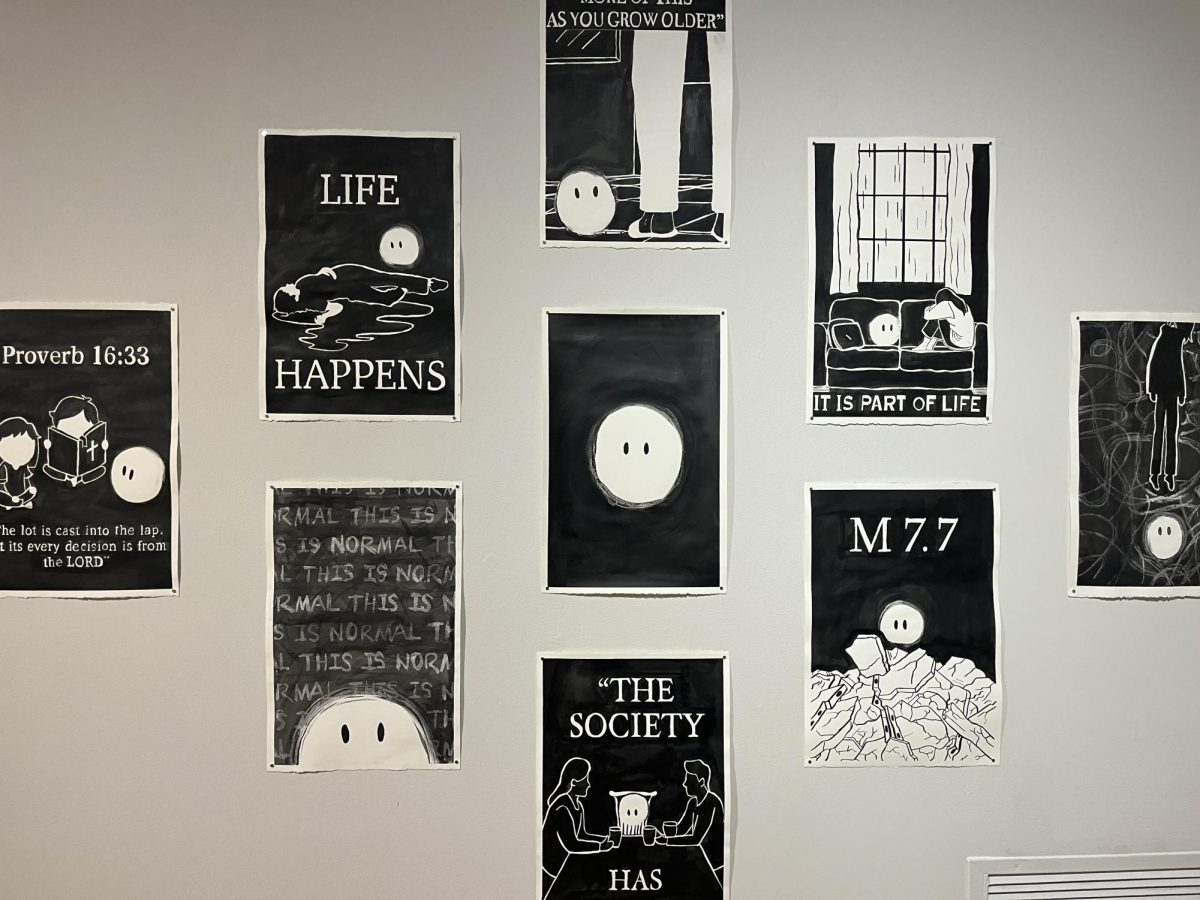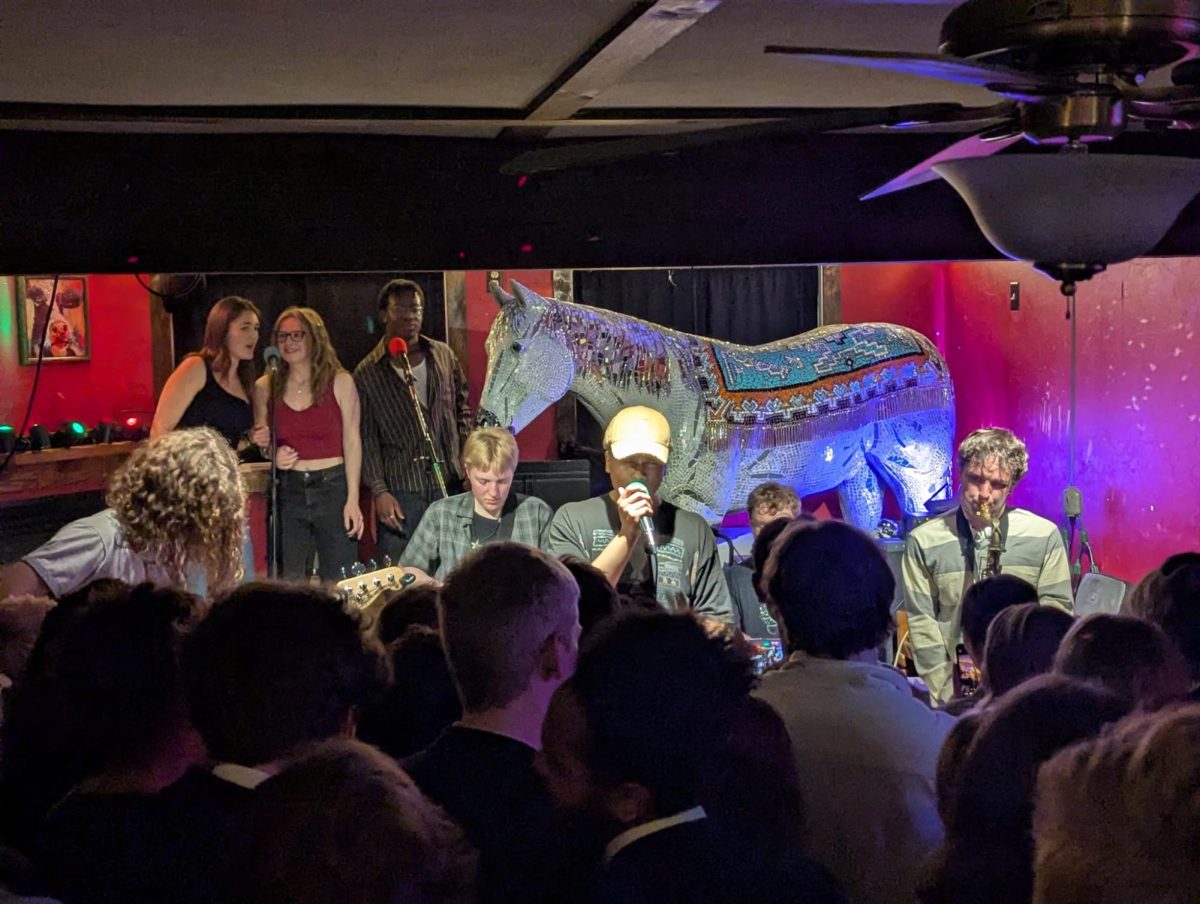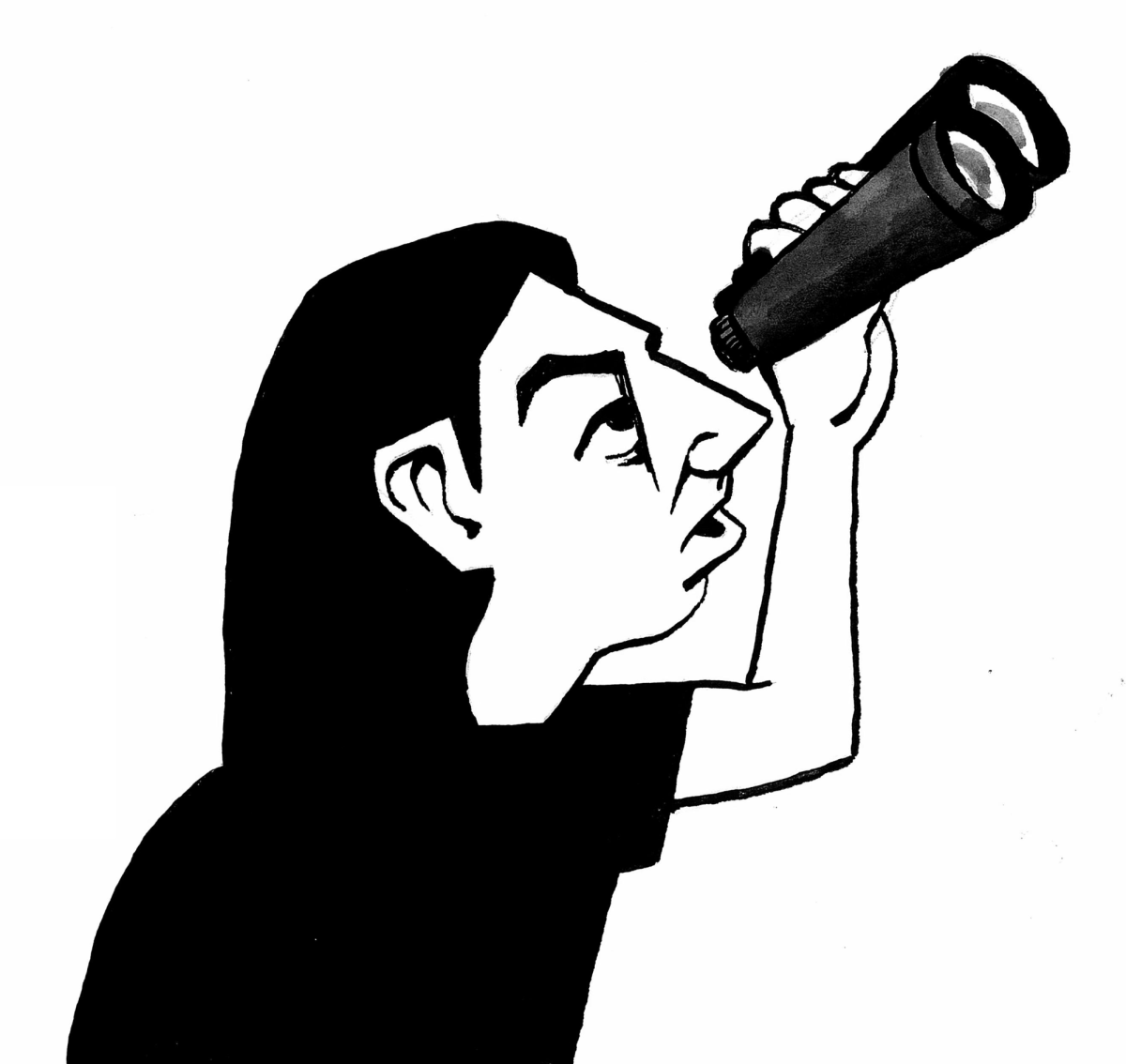Here’s the situation: you finally feel motivated and awake enough to practice. Ideally, you’re using your assigned practice room at the correct time. However, a variety of reasons may force you to look for another practice room. You may need to find a practice because it is a Sunday when there are no reservations, you need additional practice outside of your already existing time, or your designated practice room does not fit your specific needs for that session. In all of these cases, remember to not impede on any other musician’s ability to practice and consciously use these rooms.
I am a non-music major and know very little about acoustics outside of what sounds the best when singing in space. Therefore, my list of the best practice rooms is an unscientific ranking, but it will hopefully speak to you whether you sing or play an instrument.
Best practice room for showing off/AKA “the confidence builder”:
Picture this: you’re performing in Studio and need to build some confidence. If you want to stop caring about people hearing you, go to CHM 226. Immediately next to a classroom with thin walls, you’re forced to get over any hesitation to be heard. Unlike the public practice rooms on the first floor of CHM, the hallway outside here is much quieter as there aren’t folder slots where people gather before rehearsal.
Best practice room for napping:
Maybe it’s because I’m a chronic napper, but I believe that practice rooms make a great nap space. HOM 130 makes a beautiful place to curl up and catch some Zs between classes/rehearsals. The corner next to the grand piano is private and spacious. Plus, the automatic motion lights make it easy to fall asleep. Be careful of sleeping in the dark, someone might walk in if they think the room is empty. If you can stand the chance of a person walking in on you using your backpack as a pillow and hearing a cacophony of brass, string, and vocalists, I highly recommend this as a nap spot.
Best practice room for bodywork:
Whether it’s the Alexander Technique or Yoga, a time will come when you need to devote attention to aligning your body. Nothing is worse than having to worry about damaging a piano when stretching. And so, the best practice room for bodywork is HOM 132. Officially listed as not having a piano, the room has an upright piano in the far corner. Despite this, most of the space is empty, making it ideal for a body-intensive session. Make sure to bring a towel or mat; you never know if a brass player emptied their spit valve on the floor instead of into the trash.
Best practice room for crying:
We’ve all cried in a practice room. That’s not even a question of if you’ve called in one — the only question is why. So, whether you’re crying about a challenging piano exam, Melissa, or life, I’d recommend HOM 232. When you sit at the upright piano, your back is to the door, giving you more privacy than in the typical practice room. Also, the mirror positioned to the far side of the piano makes me feel like Carole King as I cry-sing, “All Too Well.” It transforms a crying over imposter syndrome into a dramatic movie cry.
Best practice room overall:
Something about this practice room is magical. The Steinway makes me feel connected to the larger music community. The acoustics are magical. I notice how every note rings. There’s not much else to say about this practice room other than that it works.




